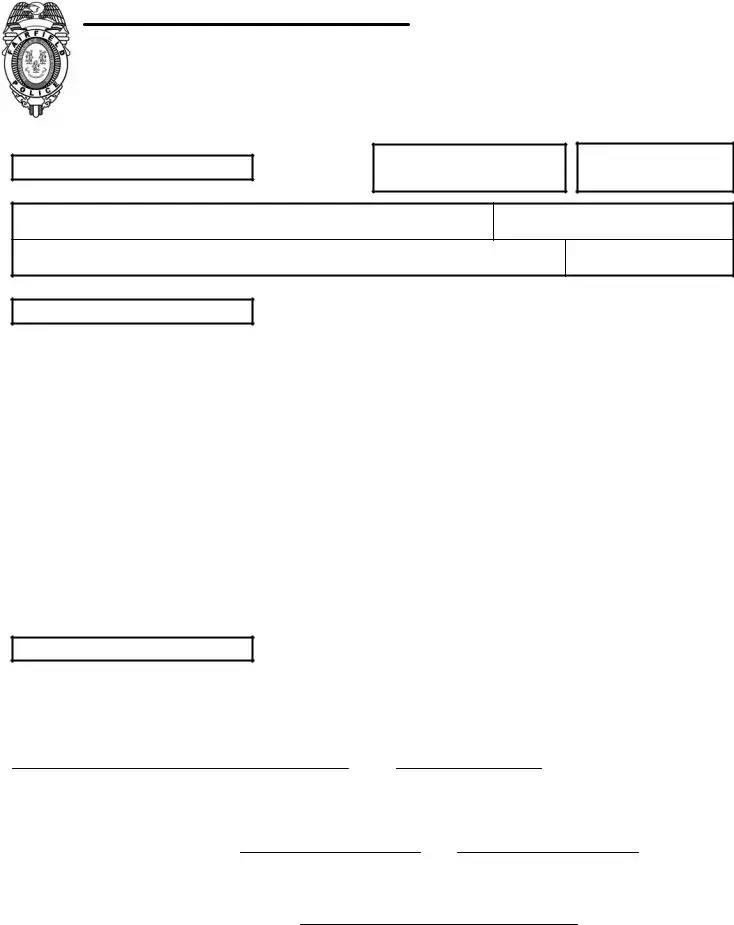Free Connecticut Fpd 124 Form
The Connecticut FPD-124 form is a mandatory weekly report for precious metal dealers to submit to the Fairfield Police Department. This comprehensive form captures business information, detailed transaction records including descriptions of items bought or sold, and the seller's/pledger's information, ensuring full compliance with Chapter 409, Section 21-11 of the Connecticut General Statutes. Failure to submit this report could lead to the revocation of the dealer's license. To ensure your business remains in good standing, click the button below to fill out your form now.
Edit Form Online
Free Connecticut Fpd 124 Form
Edit Form Online
Edit Form Online
or
⇓ Connecticut Fpd 124 PDF
You’re almost finished here
Complete your Connecticut Fpd 124 online simply and quickly.

